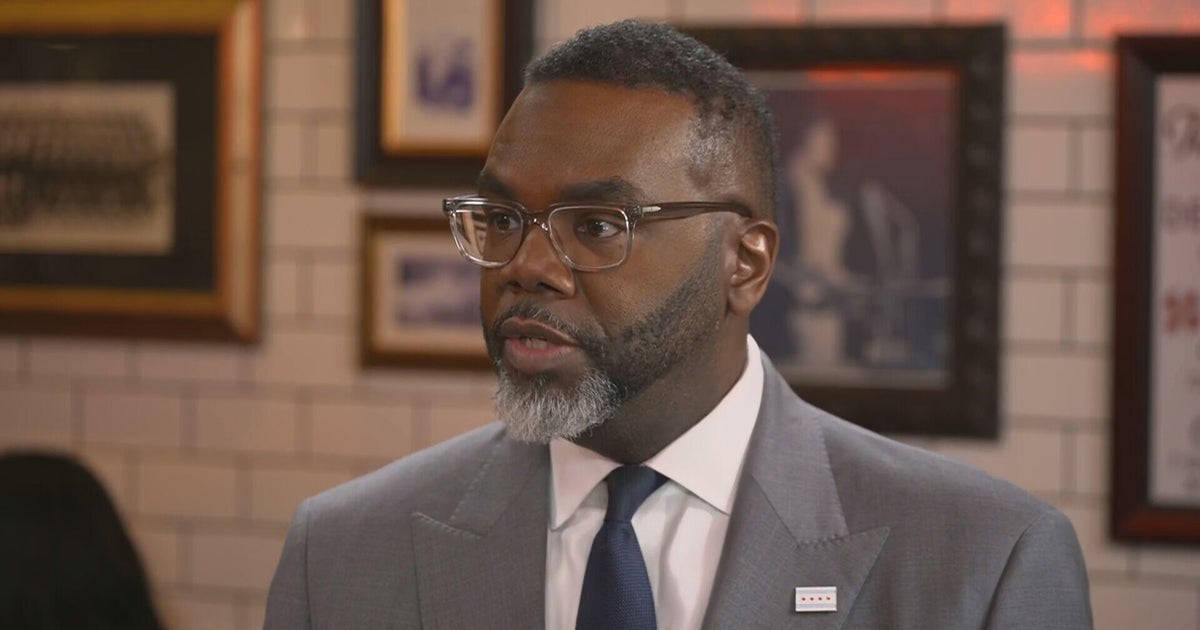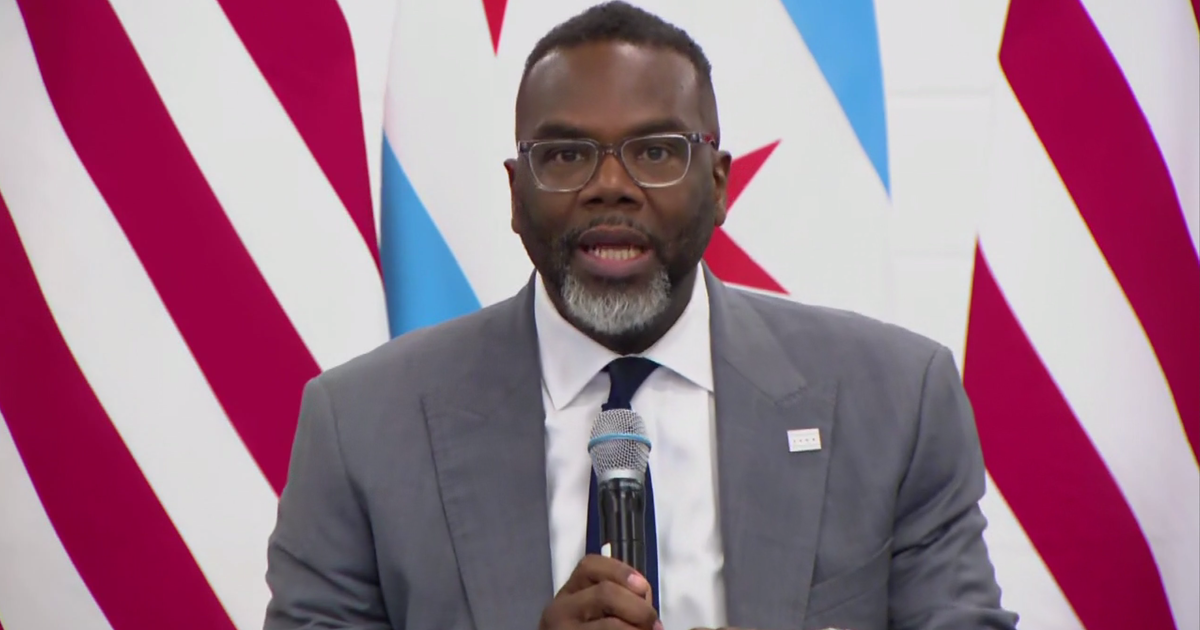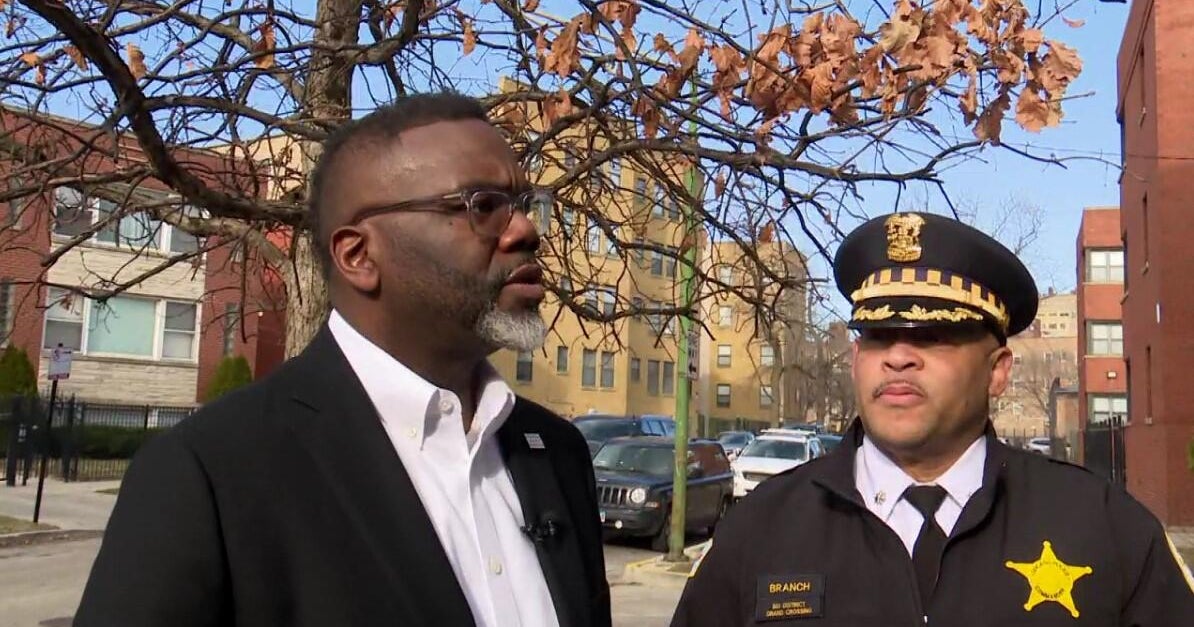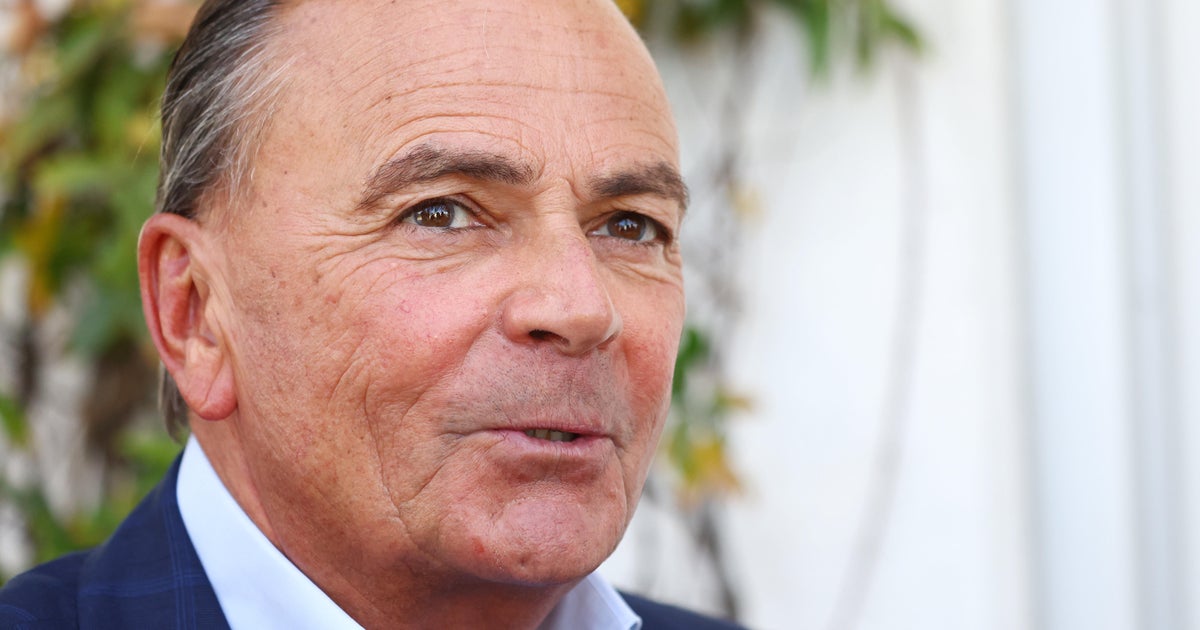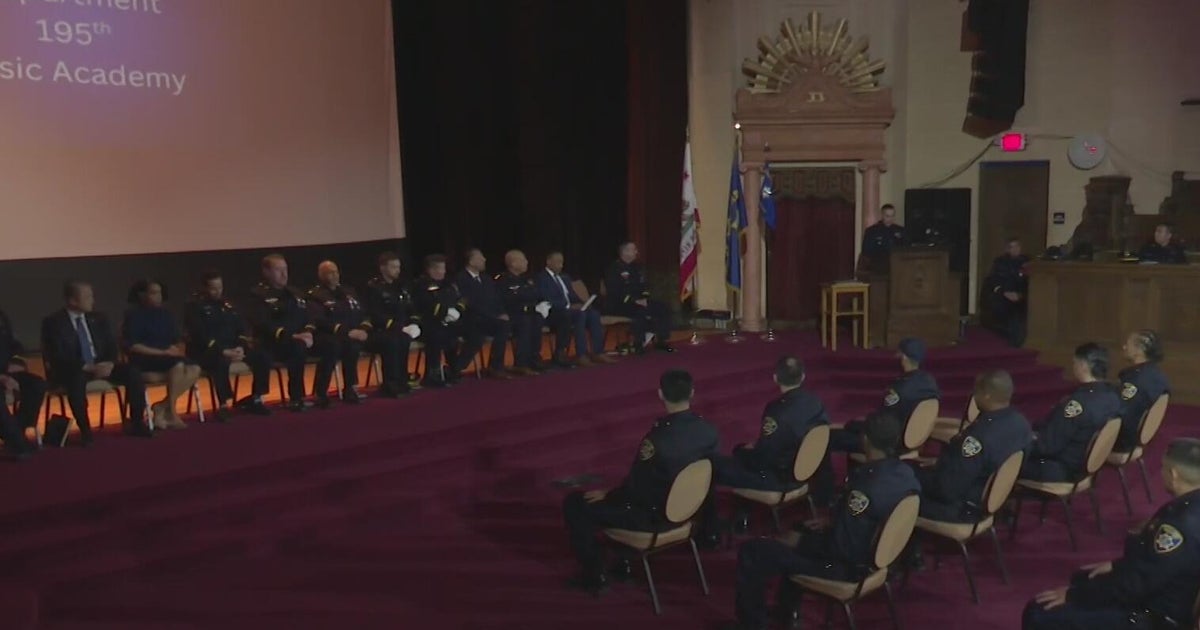Mayor Brandon Johnson promotes Cristina Pacione-Zayas to chief of staff
CHICAGO (CBS) -- Mayor Brandon Johnson on Tuesday promoted first deputy chief of staff Cristina Pacione-Zayas to be his new chief of staff, replacing Rich Guidice, who retired at the end of March.
Pacione-Zayas, a former Illinois state senator, becomes the city's first Latina chief of staff, according to Johnson's office.
"Cristina's unparalleled dedication to our city, her depth of knowledge on critical issues affecting our neighborhoods like housing, community safety and education, and her proven track record of leadership make her the ideal person to serve as my next chief of staff," Johnson said in a statement. "I am confident that together, we will continue to make strides toward a better, stronger, safer Chicago."
Before she was elected to the Illinois Senate in 2020, she was associate vice president of policy at the nonprofit Erikson Institute, which provides early childhood education programs.
"This role presents a unique opportunity to advance our collective vision for a city determined to deliver equity and opportunity for all, and I am committed to leveraging every resource and partnership to make this vision a reality," Pacione-Zayas said of her appointment as the mayor's chief of staff.
Pacione-Zayas takes over as Johnson's top aide on the heels of a major political defeat for the mayor, whose signature "Bring Chicago Home" proposal to raise the real estate transfer tax on million-dollar property sales was defeated at the ballot box in the March primary election.
Johnson had been hoping to raise $100 million a year in new revenue from the tax plan to help fight homelessness. Two days after the election, Johnson's office announced Guidice was retiring from the city, after more than 33 years in various roles, including four years running the city's Office of Emergency Management and Communications before becoming Johnson's chief of staff.
The mayor has now turned his focus to a plan to borrow $1.25 billion over the next five years to fund affordable housing and other real estate development projects in the city. Johnson plans to pay for the borrowing plan by allowing dozens of tax increment financing (TIF) districts expire.
TIF districts capture the revenue generated by property tax growth within a specific part of the city to help fund redevelopment projects. That tax money is diverted away from the city's general funds and other local taxing bodies, including the Chicago Public Schools, in an effort to spur development in underdeveloped neighborhoods.
By allowing several TIF districts to expire in the coming years, city officials expect $2.2 billion in tax revenue to be returned to the city's coffers over the next 15 years, and help fund the mayor's borrowing plan over 37 years, at an estimated total cost of $2.4 billion.
Johnson first announced that borrowing plan a month before the Bring Chicago Home proposal was rejected by Chicago voters.
The City Council has yet to vote on the mayor's borrowing plan.

